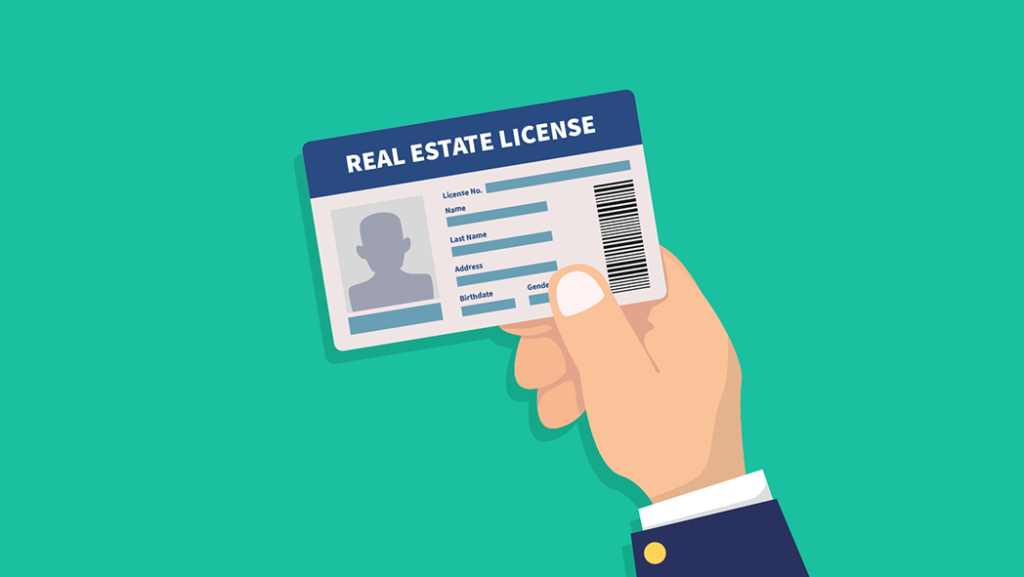
Table of Contents
Becoming a real estate agent is an exciting career choice, but it requires an investment of time and money. The cost of obtaining a real estate license varies depending on where you live, the type of real estate license you’re pursuing, and the costs associated with your training and exams. Below is a breakdown of the typical expenses involved in getting a real estate license.
Pre-Licensing Course Fees
To obtain a real estate license, you must first complete a pre-licensing education program. These courses teach you the fundamentals of real estate, including laws, ethics, contracts, and practices. The cost of these courses can range significantly, depending on where you take them.
- Online Courses: Online programs are often more affordable and flexible. Prices range from $200 to $800 for the full course, depending on the state and the provider.
- In-Class Courses: In-person classes at local real estate schools may cost between $300 and $1,000 or more. Prices vary depending on location and the duration of the course.
Exam Fees
After completing the required pre-licensing education, you must pass a state licensing exam. The exam fee is generally separate from the course costs.
- Exam Fees: Expect to pay between $50 and $100 to take the real estate licensing exam. Some states may have additional charges, such as for fingerprinting or background checks.
License Application Fees
Once you pass the real estate exam, you’ll need to submit a license application to the state. This fee varies from state to state.
- Application Fees: The cost typically ranges from $50 to $250, depending on your state.
Background Check and Fingerprints
Most states require a background check before issuing a real estate license. This typically includes fingerprinting, which adds to the cost.
- Background Check Fees: Expect to pay $50 to $100 for fingerprinting and a criminal background check.
Real Estate Board or Association Fees
To become a member of a real estate board or association, you may need to pay additional fees. Membership with the National Association of Realtors (NAR) or a local Multiple Listing Service (MLS) is common for agents.
- Membership Fees: Fees for joining the NAR and MLS can range from $200 to $500 annually, or more, depending on your location.
Other Costs
In addition to the main fees listed above, you may incur other costs related to getting your license and starting your real estate career. These include:
- Real Estate Exam Prep: Some agents choose to purchase exam preparation materials to improve their chances of passing. These materials can cost between $50 and $200.
- Insurance: Errors and omissions (E&O) insurance is often required by brokers or agencies to protect you from potential legal claims. The cost for this insurance is generally around $200 to $500 per year.
- Marketing and Advertising: As a new agent, you may need to invest in marketing tools, business cards, a website, or other promotional materials. Costs vary, but budget at least $500 to $1,000 for initial marketing.
Ongoing Costs
Once you have your license, there are ongoing expenses to maintain it. These costs may include continuing education, renewals, and fees for additional certifications.
- License Renewal Fees: Most states require license renewals every 2-4 years. The renewal fee is generally between $50 and $300.
- Continuing Education: To maintain your license, you may need to complete continuing education courses. These courses can cost $100 to $500, depending on your state and the number of credits required.
Conclusion
The total cost of obtaining a real estate license can range anywhere from $1,000 to $2,500 or more, depending on your state and the specific requirements. While the initial investment may seem high, real estate agents have the potential to earn substantial commissions, making the upfront costs worthwhile for many. Be sure to research the specific fees in your state to get an accurate picture of the costs involved in pursuing your real estate license.
